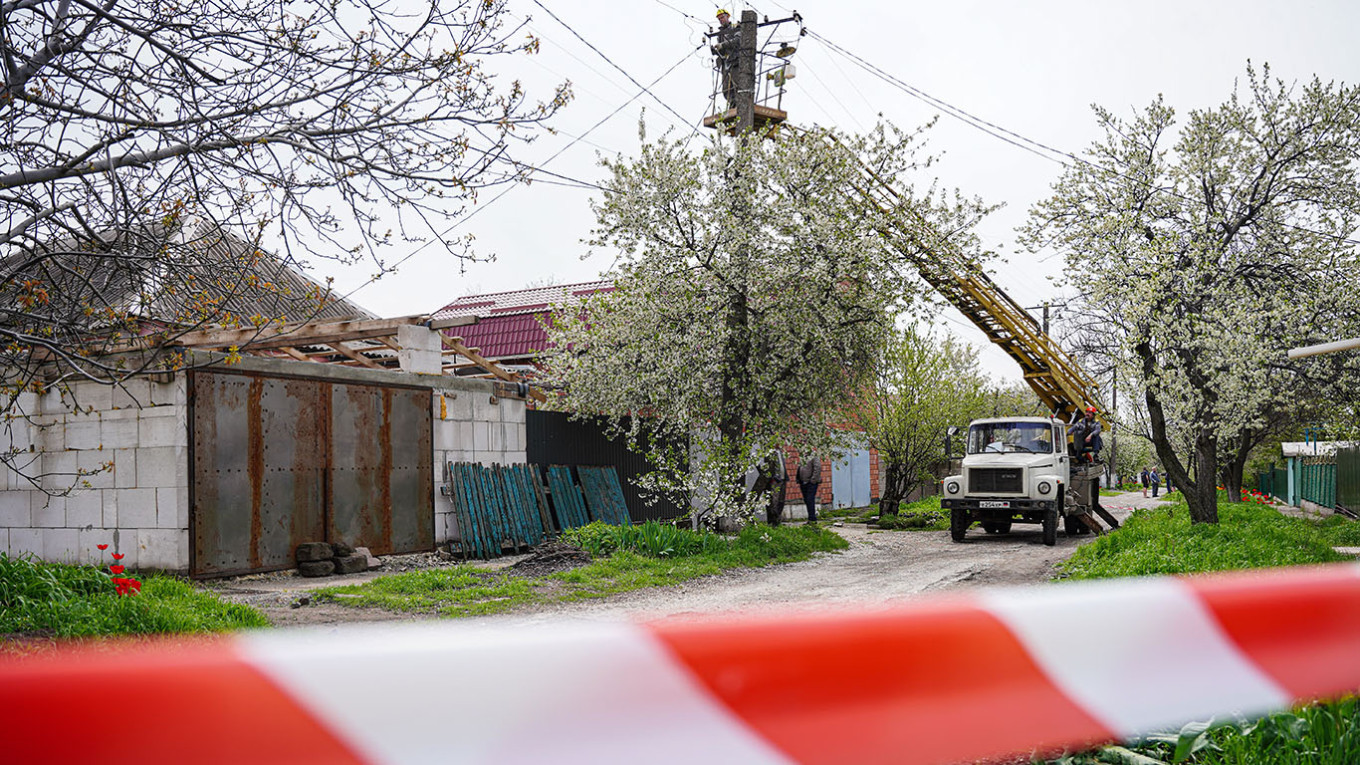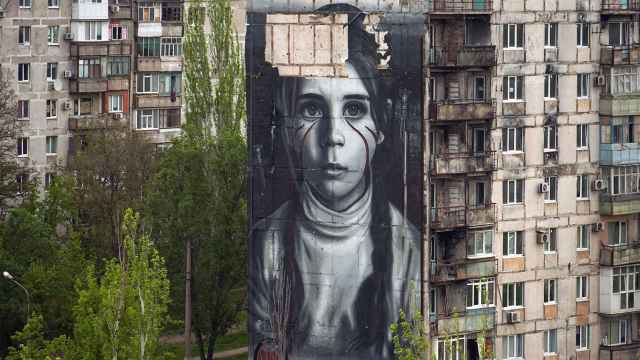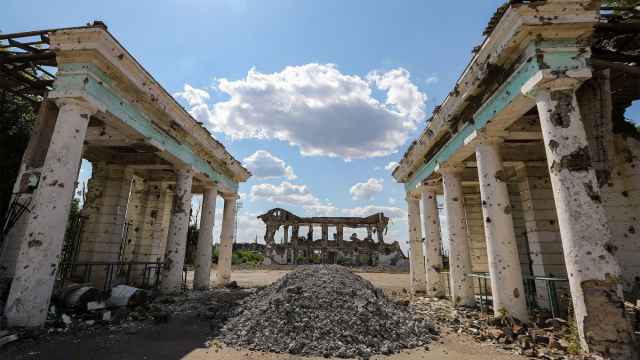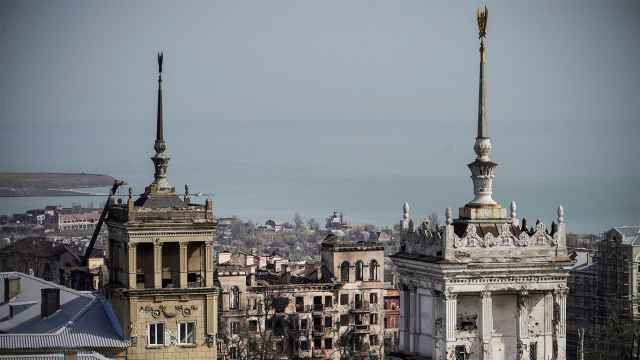Russian authorities are carrying out a sweeping campaign to seize homes in occupied Mariupol that belong to Ukrainians who fled from Russia’s invasion or were killed in the fighting, according to a BBC Verify investigation published three years after Moscow’s forces captured the city after a brutal siege.
At least 5,700 homes have been earmarked for seizure, the outlet reported, citing documents published by Mariupol’s Russian-installed administration since July 2024.
To retain ownership of their homes, Ukrainians must travel to Mariupol via Russian territory, undergo rigorous security checks and navigate a complex web of bureaucratic hurdles.
In practice, it is nearly “impossible” for displaced Ukrainians to reclaim their property, said Petro Andryushchenko, a former adviser to Mariupol’s Ukrainian mayor.
The expropriation process typically begins after a report from an inspector or local resident. Within 10 days, the property is listed on the occupying authorities’ website as having signs of “signs of being ownerless.”
The legal owner then has a limited window to appear in person in Mariupol — with a Russian passport and proof of ownership — to challenge the claim.
If no owner comes forward within 30 days, the property is placed on a “register of ownerless property.” After three months, the Russian authorities can petition a court to transfer ownership to the municipality.
Roughly 2,200 properties in Mariupol have been officially declared “ownerless” and are awaiting court rulings. An additional 3,550 homes are under review.
The BBC said it found no official data on how many properties passed through the final court stage and had their ownership transferred, but Mariupol’s Russian-installed Mayor Oleg Morgun recently said that final rulings had been issued for 600 apartments.
The BBC said Russian authorities appear to be seeking to make it more difficult for Ukrainians to assert their property rights.
In March, President Vladimir Putin signed a decree banning citizens of countries deemed “unfriendly” — including Ukraine — from registering property in occupied territories without special permission until at least 2028.
“In effect, it leaves Ukrainians with an impossible choice: their safety and their identities, or their homes,” the BBC said.
A Message from The Moscow Times:
Dear readers,
We are facing unprecedented challenges. Russia's Prosecutor General's Office has designated The Moscow Times as an "undesirable" organization, criminalizing our work and putting our staff at risk of prosecution. This follows our earlier unjust labeling as a "foreign agent."
These actions are direct attempts to silence independent journalism in Russia. The authorities claim our work "discredits the decisions of the Russian leadership." We see things differently: we strive to provide accurate, unbiased reporting on Russia.
We, the journalists of The Moscow Times, refuse to be silenced. But to continue our work, we need your help.
Your support, no matter how small, makes a world of difference. If you can, please support us monthly starting from just $2. It's quick to set up, and every contribution makes a significant impact.
By supporting The Moscow Times, you're defending open, independent journalism in the face of repression. Thank you for standing with us.
Remind me later.






